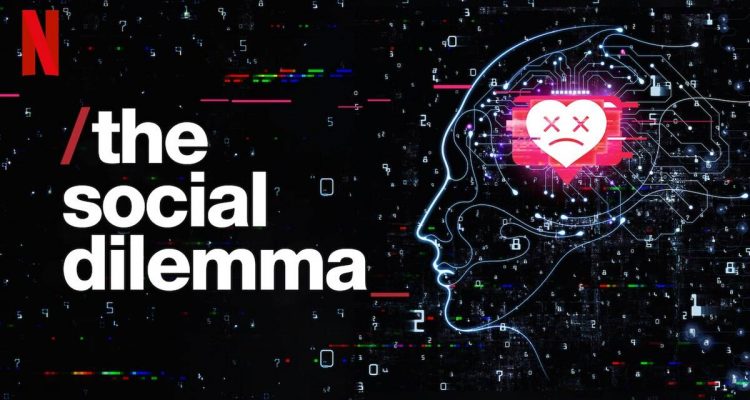Sophocles once said, “Nothing vast enters the life of mortals without a curse.”
This quote is flashed across the screen at the very beginning of a new documentary on Netflix, called “The Social Dilemma.” In this documentary, multiple past employees of some of the largest and most popular internet and social media companies are interviewed about how developments in technology have changed our world. Some of the interviewees include Tristan Harris, a former design ethicist for Google, Jeff Siebert, a former executive for Twitter, Tim Kendall, a former executive for Facebook and former president of Pinterest as well as Justin Rosenstein, a former engineer for Facebook and Google and co-founder of the Facebook ‘like’ button, to name a few. Though it can be said that the advancements in technology and online power that we now possess have been beneficial in many ways, this documentary focuses on most of the negatives of these developments, and how manipulative and controlling they are to human beings.
I was fully expecting to want to delete all of my social media after watching “The Social Dilemma,” and although I did not immediately grab my phone and delete my apps, I will definitely have a better awareness of what goes on behind the scenes when engaging with online platforms.
Most people are actually oblivious to how carefully their online activity is being watched. Every single thing we do on the internet is being monitored, in order to collect data from users. This data is then fed into systems which build models to predict human actions and behaviors. This explains, for example, why advertisements for things you were searching for earlier all of a sudden start popping up in the margins of your browser. This monitoring system knows what photos you pause to look at in your feed, and for how long you stop to look at them. It knows how you are feeling, what your interests are, who you have relationships with, what your personality is like and so many more things about you that you probably never imagined anyone but yourself would know.
The scarier part about this is that, even if we are somewhat aware of how much information and data we are putting out there about ourselves, we still choose to use these online platforms every single day. In the documentary, even some of the interviewees admitted that, despite working in this industry and seeing first-hand how much data was being collected from people every single day, they still fell victim to their own social media or online addictions.
This isn’t completely our fault though for a couple of reasons. These developments in our society almost force us to have an online presence, or at least engage with the online universe in some capacity. Especially now, in the time of the coronavirus pandemic, online platforms have become the safest, if not only way for us to connect and communicate with each other. Also, these technological developments are designed and created in order to manipulate us and, as “The Social Dilemma” mentions, to use human psychology against us.
Tristan Harris, former design ethicist for Google, used an analogy for how our brains respond to our social media. Our desire to keep picking up our phones and opening up our social media is linked to the same feeling that humans have with slot machines. We always want to keep putting tokens in and pulling the lever, for the chance that we win big, just like we always want to keep picking up the phone to look at our feeds and see what we get. Did we get tagged in a photo on Instagram? Did someone comment on our Facebook post? Are we getting tons of retweets on Twitter?
The heavy usage of these platforms not only invades our privacy through the amount of data that is collected, but it also takes a toll on our mental health. Our generation grew up with this technology, and because of our heavy usage of these online platforms, the documentary explains that we are more anxious, depressed and fragile.
I want to challenge us all to put down our screens more often. I know it is easier said than done, but try to ignore your desires to log on to social media every day. We already spend enough time staring at screens for Zoom University, so take a break and engage in other things that don’t invade your privacy or decrease your mental health. The technology will always be there for when you want and need to return to it, because quite honestly, it’s not going away anytime soon; it’s only going to become more advanced with time. However, the opportunities that surround you to make memories and engage in other things, like hanging out with your friends or spending time with your families, are moments that could pass you by if you don’t take advantage of them while they are here.
I don’t believe that any of this technology was initially created for evil. Sure, most of it is created for the purpose of making money, but I also like to think that it was created with good intentions, to benefit people. It has just unfortunately developed into its own monster, and it is our responsibility to decide how much we let that monster affect us.


Leave a Reply